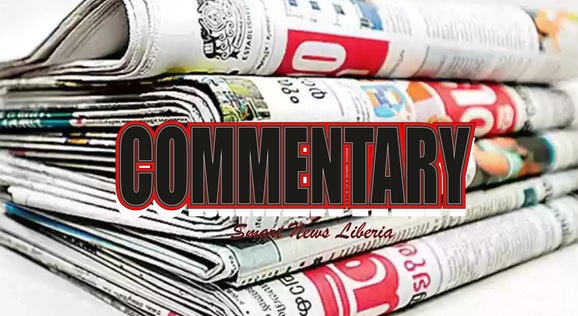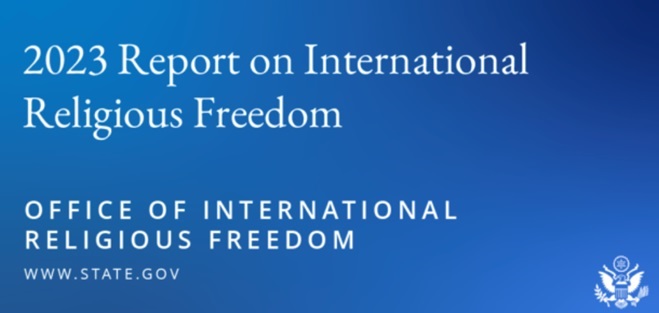By Wondah L. Jah
In a growing wave of discontent, Liberians are voicing their concerns over the rampant corruption and bad governance plaguing their nation. The Liberian Legislature, accused of passing laws that only benefit themselves and undermine development, is gradually becoming a breeding ground for individuals with questionable characters. Similarly, past and present Liberian presidents have been embroiled in corruption scandals, leading to a loss of faith in their leadership.
The situation in Liberia is not unique, as many African nations grapple with similar challenges. Oby Ezekwesili, former Nigerian Minister of Education, recently highlighted the power of collective action in addressing bad governance. She emphasized that when citizens of any country unite and declare that they have had enough of inept leadership, the game is over for those previously unquestioned leaders.
Ezekwesili’s words resonate strongly with Liberians who yearn for change. Their frustration stems from the legislature’s propensity for legalizing corruption and diverting funds away from the masses. Previous administrations have rushed through concession agreements without considering the needs of the people, while presidents embark on meaningless foreign trips that do little for national development.
Drawing inspiration from recent events in Senegal and Kenya, where citizens successfully resisted overburdened taxation and challenged their lawmakers, Liberians are questioning what steps they can take to curb the excesses of their own lawmakers and executive branch. Should they take to the streets to demand accountability?
Protests can be a powerful tool for expressing dissatisfaction and demanding change. Liberians could follow the examples of Senegal and Kenya, where mass demonstrations forced leaders to reconsider their actions. In Senegal, the former President’s attempt to extend his term faced fierce opposition from the masses, leading to a reversal of his decision. Similarly, in Kenya, public outcry and street demonstrations compelled the President to retract an unfair taxation bill.
By organizing peaceful protests and engaging in civil discourse, Liberians can make their voices heard and hold their leaders accountable. They have the power to push for transparency, integrity, and good governance. However, it is important to note that change is not solely dependent on street demonstrations. It requires a collective effort to build strong institutions, advocate for legal reforms, and promote a culture of accountability.
Ultimately, Liberians must come together, transcending political, ethnic, and social divisions, to demand a government that truly serves the interests of the people. The path to a better future lies in their hands, as they strive to overcome the obstacles of bad lawmaking and governance. Through unity and determination, they can pave the way for a brighter and more prosperous Liberia.







